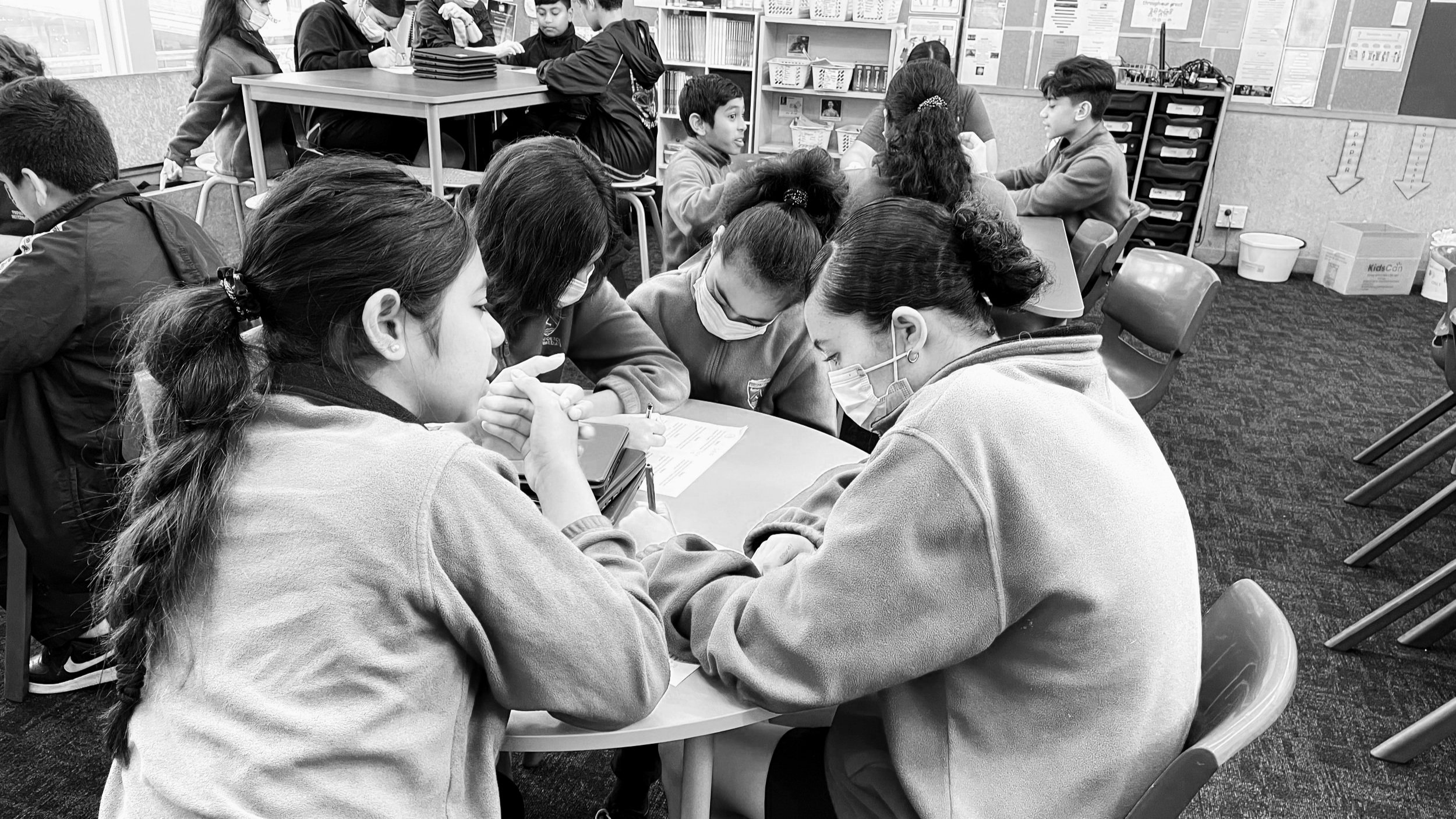Students need to not only effectively comprehend informational texts, but to be able to discern fact from opinion.
Reality Reading
Engaging Students in Informational Texts
1 Day workshop
Today’s students tend to be technologically literate and can locate information quickly on web sites. However, they frequently are not informationally literate—they lack the skills of evaluating and using information effectively. Students need to not only effectively comprehend informational texts, but to be able to discern fact from opinion.
In this highly interactive workshop, you develop a deep understanding of the five basic purposes of text structures for writing informational texts.
Additionally, you experience Kagan strategies that will enable students to utilise various informational text features to locate key facts in a text efficiently, acquire specific reading skills critical for evaluating information, and organise informational resources to create written research reports.
Join us to learn techniques to equip your students with the ability to ask critical questions while reading informational texts.
Workshop Highlights
Internalise and utilise various informational text features to locate key facts in a text efficiently
Organise informational resources and create written research reports
Scaffold vocabulary and technical language
Experience Kagan strategies to enable students to evaluate and apply informational text
Boost informational literacy through brain-friendly, total engagement Kagan Structures
Acquire specific reading skills critical for evaluating information
Actively engage in developing a deep understanding of the five basic purposes and text structures for writing informational texts
Prepare students for high-stakes situations that call for students to effectively comprehend informational texts
With your attendance, you will receive:
Reality Reading Workbook

“In the classroom it is the teacher who ultimately makes the choice of how much students feel included or excluded. When we choose not to make concerted efforts to make our classrooms more inclusive, we have still made a choice. It is a choice to default to traditional individualistic and competitive learning that results in many students feeling disconnected.”
— Miguel Kagan, Kagan USA

